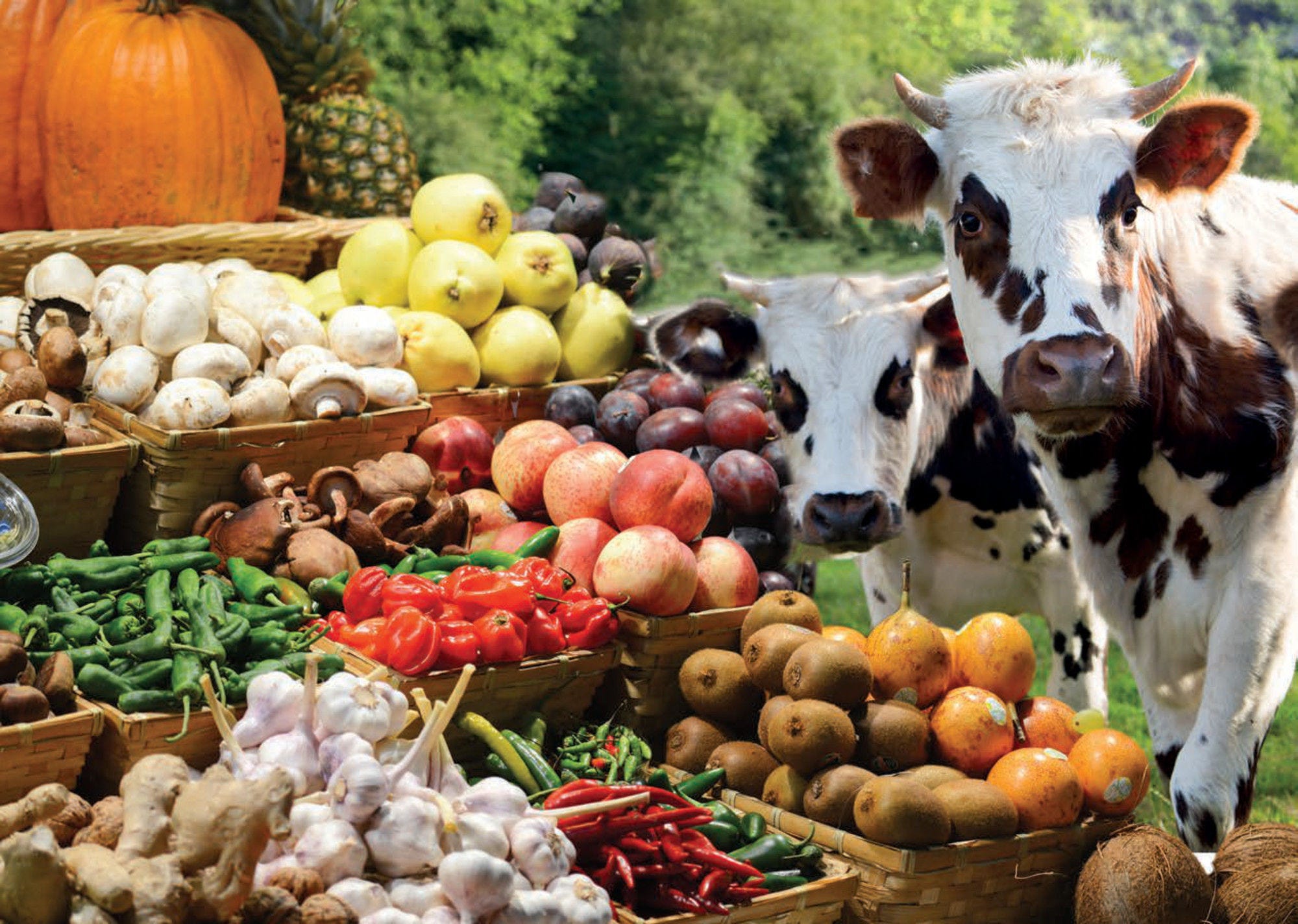The OECD Task Force for the Safety of Novel Foods and Feeds was established in 1999, with the primary goal to promote international regulatory harmonisation in the risk and safety assessment of biotechnology products among member countries, by addressing aspects of the assessment of human food and animal feed derived from genetically engineered crops. This body was renamed the Working Group for the Safety of Novel Foods and Feeds (WG-SNFF) from 1 January 2017.
The terms “novel foods and feeds” usually relate to foods and feeds derived from transgenic organisms, that is, partly or fully composed of such ingredients. By extension, these terms can also be understood as foods and feeds containing products obtained from other modern biotechnology techniques. Regulatory harmonisation is the attempt to ensure that the information used in risk/safety assessments, as well as the methods used to collect such information, are as similar as possible. It could lead to countries recognising or even accepting information from one another’s assessments. The benefits of harmonisation are clear: it increases mutual understanding among member countries, which avoids duplication, saves on scarce resources and increases the efficiency of the risk/safety assessment process. This, in turn, improves food and feed safety while reducing unnecessary barriers to trade (OECD, 2000).
The WG-SNFF comprises delegates from the 36 member countries of the OECD and the European Commission. The OECD member countries span the globe, from North and South America to Europe and Asia-Pacific. They include many of the world’s most advanced countries but also emerging countries like Chile, Mexico and Turkey. A number of observer delegations and invited experts also participate in the WG-SNFF work, from Argentina, Colombia, the Russian Federation and South Africa, as well as the Food and Agriculture Organization of the United Nations (FAO), the World Health Organization (WHO), the Business and Industry Advisory Committee to the OECD (BIAC) and other relevant organisms such as the ILSI Research Foundation and the Biosafety Network of Expertise of the African Union (AUDA NEPAD-ABNE). Since 2004, several additional partner countries (Bangladesh, Brazil, the People’s Republic of China, Costa Rica, India, Indonesia, Kenya, Moldova, Paraguay, Philippines, Uruguay, Viet Nam, Thailand and others) have participated occasionally or on a regular basis in the WG-SNFF activities, invited under the auspices of OECD Global Relations Secretariat and its Global Forum on Biotechnology.
Typically, delegates of the WG-SNFF come from government ministries and agencies which have responsibility for the food or feed safety assessment of products of modern biotechnology. In some OECD countries, this is the Ministry of Health; in others, it is the Ministry of Agriculture. Other countries have specialised agencies with this responsibility. Often, it is a shared responsibility among more than one ministry or agency. The expertise that these delegates have in common is related to their experience with the safety assessment of novel foods and feeds.
